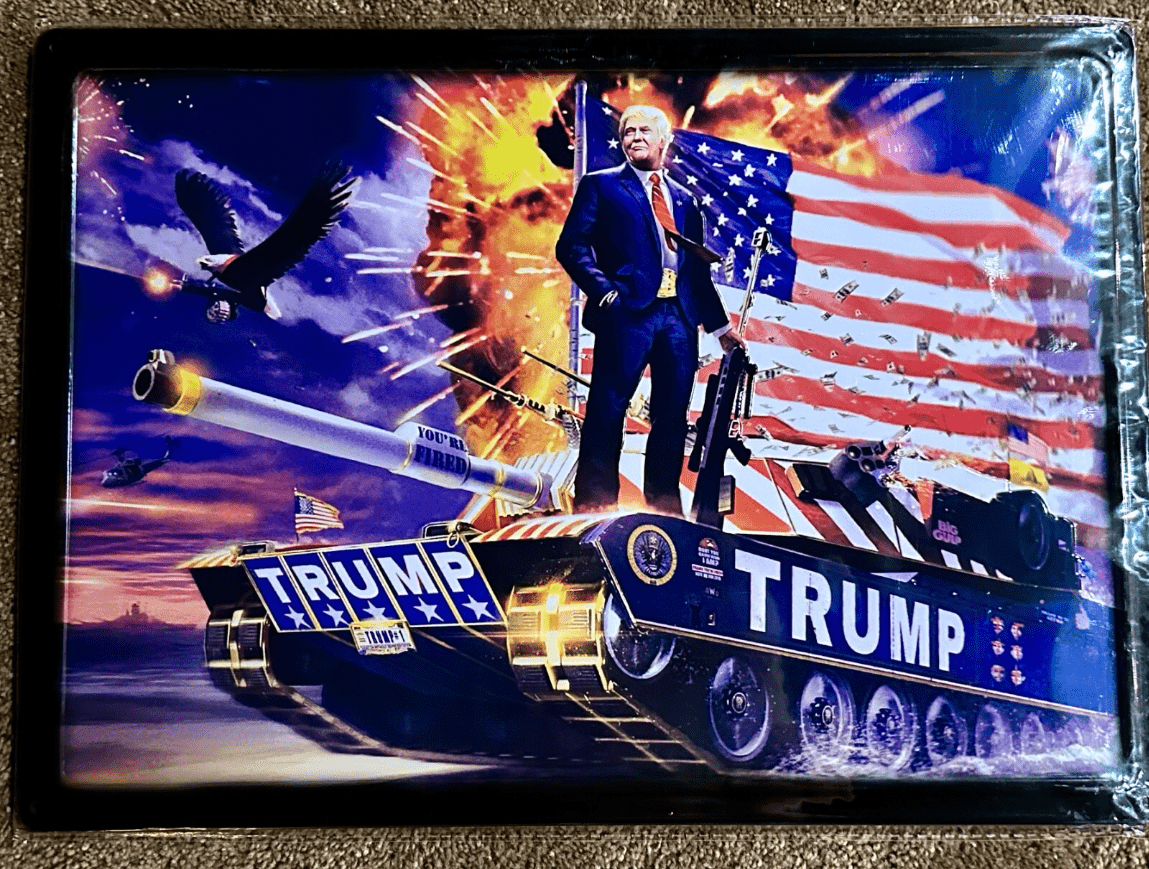I believed that government is but an instrument of the ruling class (father of communism)
Karl Marx
European nations gained this in China in the late 19th century
Spheres of influence
Southeastern Europe before WWI was known as a (hint: don't light a match)
"powder keg"
Fascist dictator of Italy
Benito Mussolini
Franklin Roosevelt's plan to get the US out of the depression
The New Deal
Believed the government should have checks and balances
Montesquieu
the spread of cultural traits, ideas, and practices from one society or culture to another.
Cultural diffusion
Prior to WWI countries partnered with other countries for protection leading to war
alliance system
Leader of the Soviet Union
Joseph Stalin
Making too many products led to the Depression. This is called
Overproduction
Believed people have certain natural rights( My brother in law)
John Locke
Rudyard Kipling wrote this poem about white supremacy
White Mans Burden
My assassination started WWI
Archduke Franz Ferdinand
Prime Minister of Japan during WWII
Hideki Tojo
Roosevelt wanted to put Americans back to work with this program
WPA-Works Progress Administration
Thomas Hobbes believed that people were born nasty and brutish and that only this type of government could control them
absolute monarchy
This says that certain nations and races are superior to others- survival of the fittest
Social Darwinism
This is one of the MAIN causes of WWI-Glorification of power, engaging in an arms race
militarism
Citizens have little control in this type of government (Germany in the 30's,Soviet Union, Italy in the 30's)
Totalitarianism
This caused severe economic hardship in Germany after WWI ( made Germany pay reparations)
Treaty of Versailles